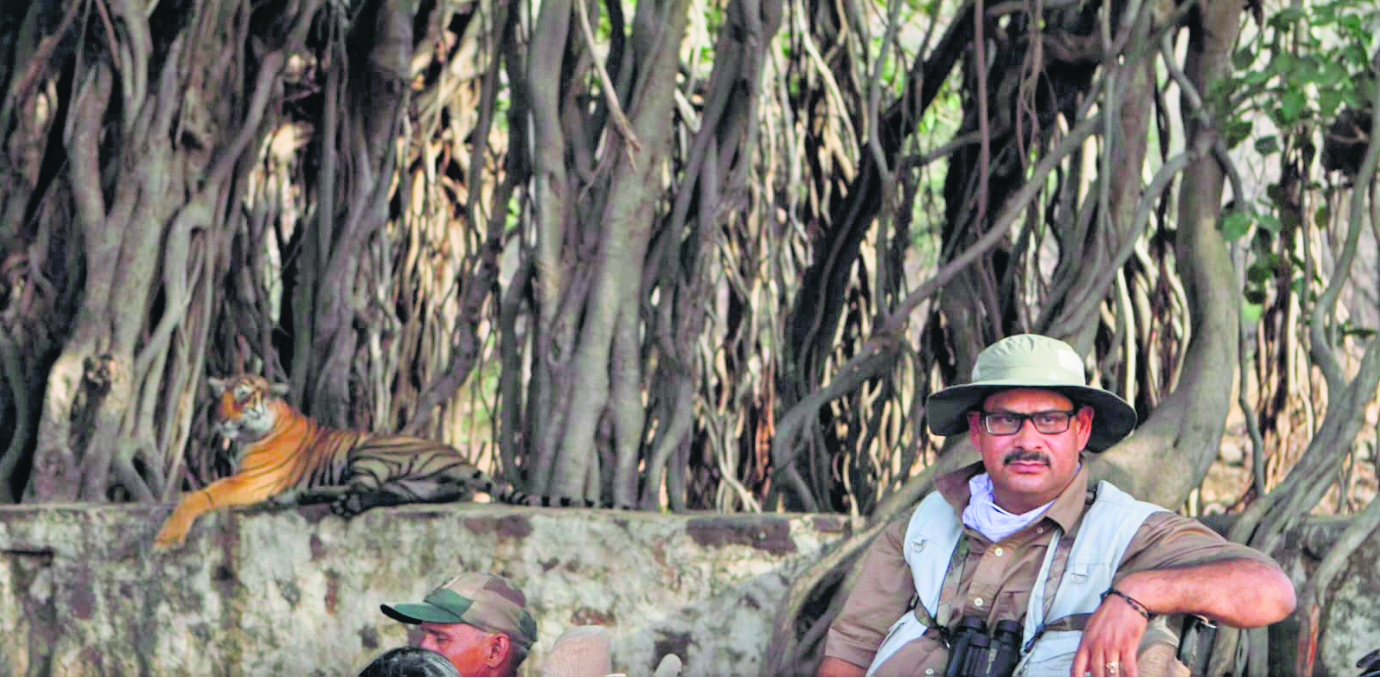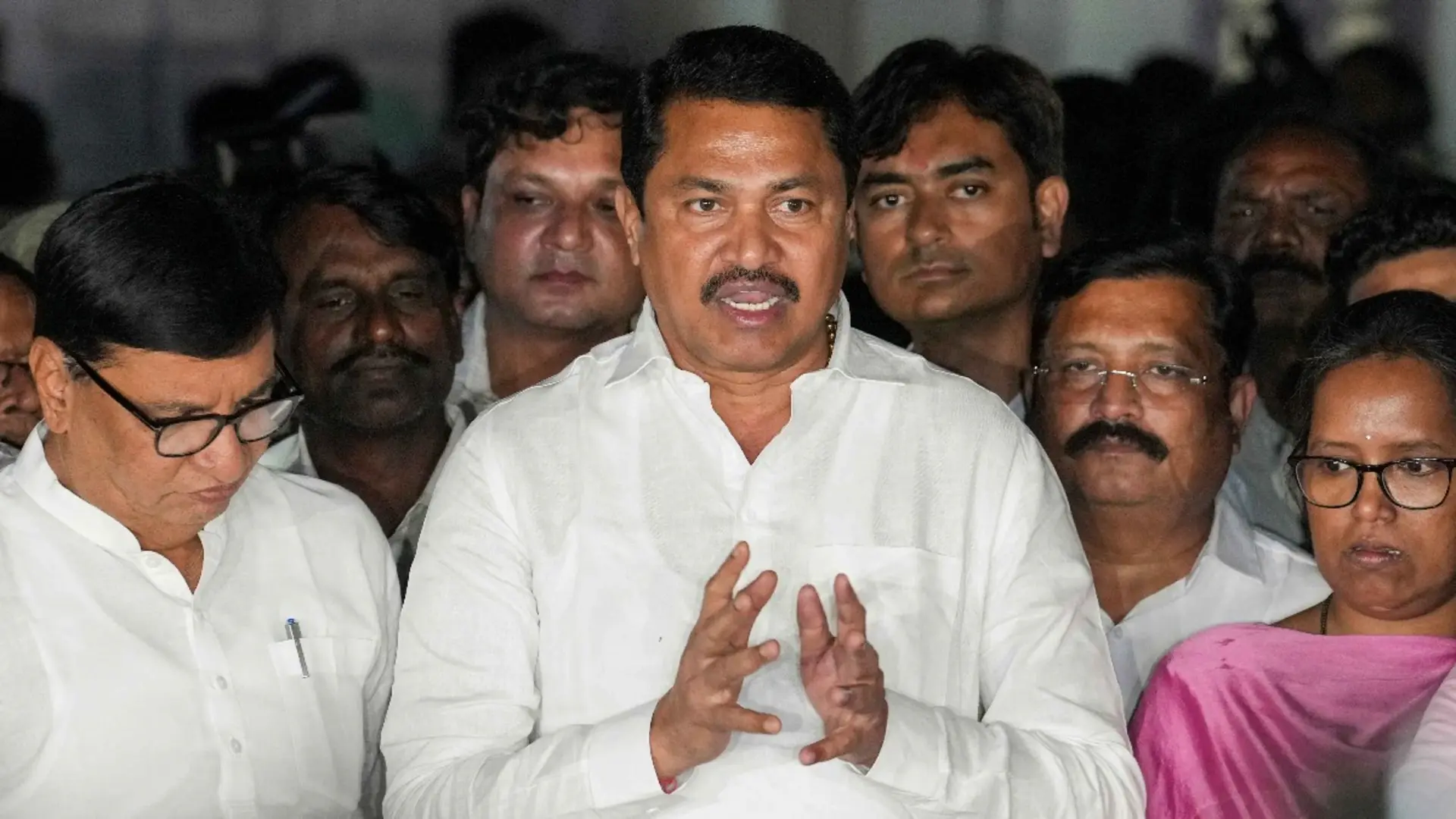
Life has come full circle for IFS Gobind Sagar Bhardwaj. Recently promoted and appointed as the Additional Director General Forest (Project Tiger) and Member Secretary of the National Tiger Conservation Authority from the Chandigarh-based MOEF office, where he currently serves as DDGF, Dr. Bhardwaj’s journey is a testament to resilience and dedication.
Reflecting on his remarkable trajectory, Dr. Bhardwaj recalls a defining moment in 1997 when, during his early days in service in Dablana, Bundi, Rajasthan, he faced a tiger attack. On June 30, 1997, in the first month of his service and newly married, he found himself unprepared for a Man-Animal conflict. This incident marked the beginning of a journey that has now led him to take charge of the Tiger Project.
The tiger attack, where Dr. Bhardwaj entered the close proximity of a tiger, resulted in injuries to his back and neck. Praying for a painless death, he was surprised when the tiger left him wounded yet alive. This encounter deepened his understanding of tigers, recognizing them as gentlemen who only resort to harm when threatened.
Acknowledging the influence of his seniors and the support of the current government, Dr. Bhardwaj has served in various capacities in different forest divisions of Rajasthan. His roles included managing renowned tiger reserves such as Ranthambhore and Sariska Tiger Reserve. It was during his tenure in Ranthambore Tiger Reserve that his passion for wildlife, particularly tigers, blossomed.
Dr. Bhardwaj’s contributions extend beyond tiger conservation, encompassing in situ efforts for the critically endangered Great Indian Bustard under Project Great Indian Bustard in the Thar landscape. He has also played a key role in managing the wilderness of the Thar Desert and overseeing the development of biological parks and zoos.
In a conversation with TDG, Dr. Bhardwaj outlines his commitment to maintaining and sustaining tiger populations, creating more comfortable habitats for their long-term survival. Emphasizing the importance of promoting man-animal coexistence, he sees forest officers as pivotal soldiers in achieving the goals set by the government of
India















